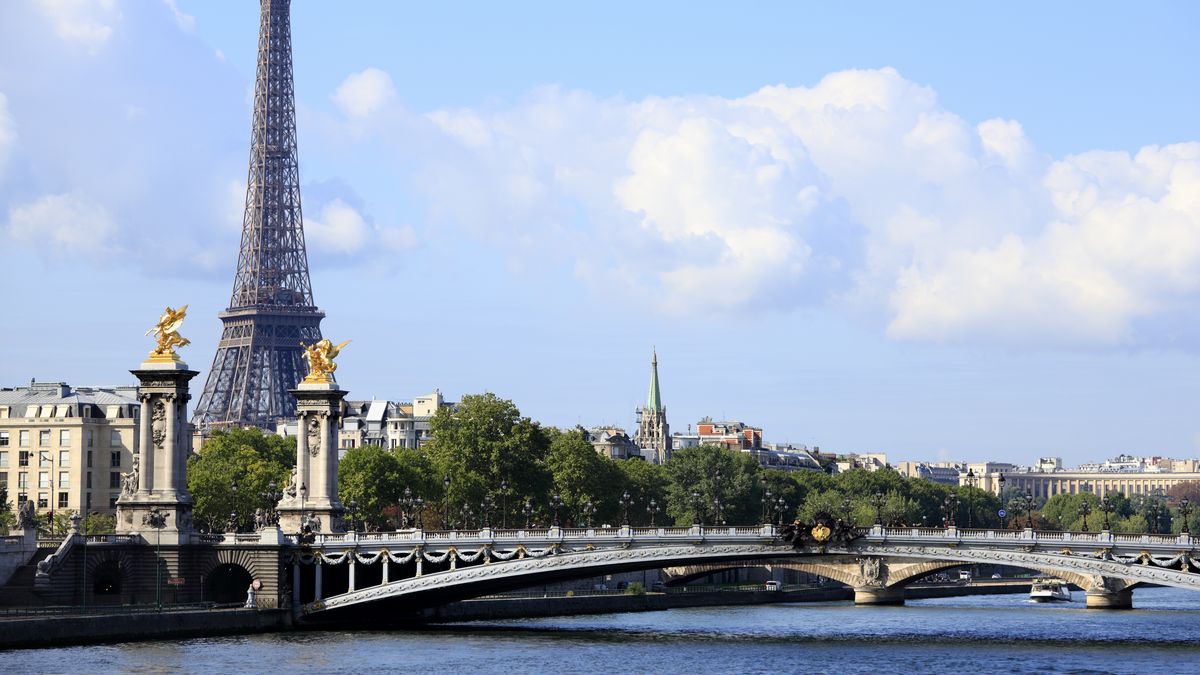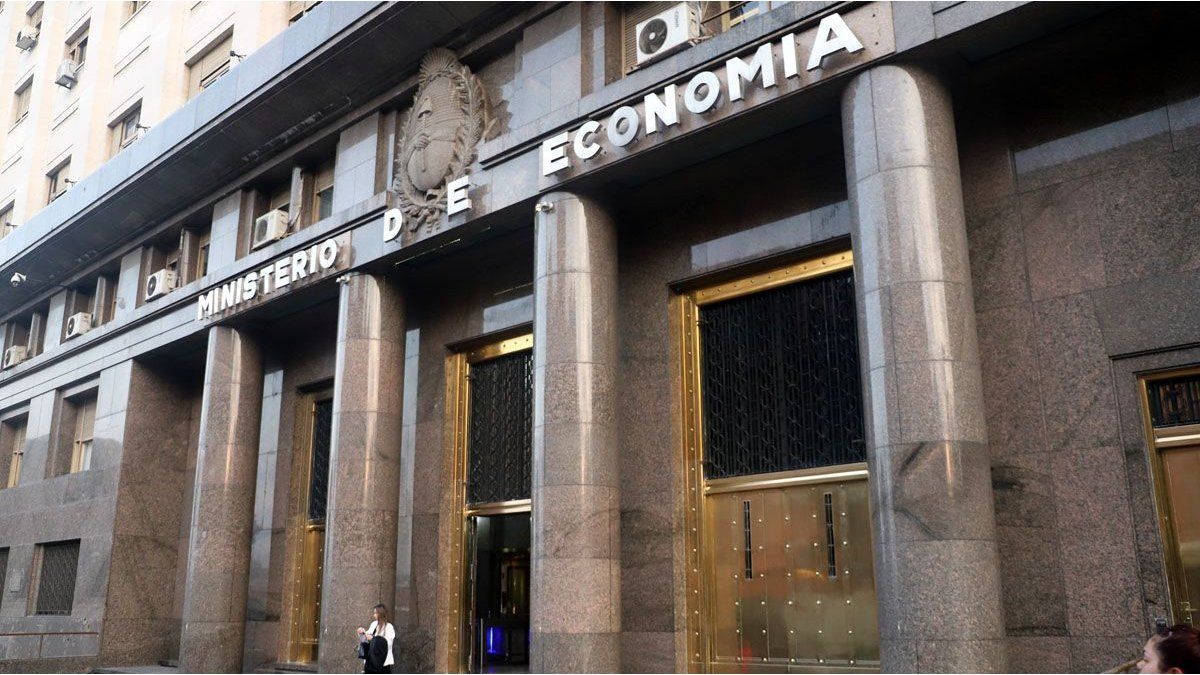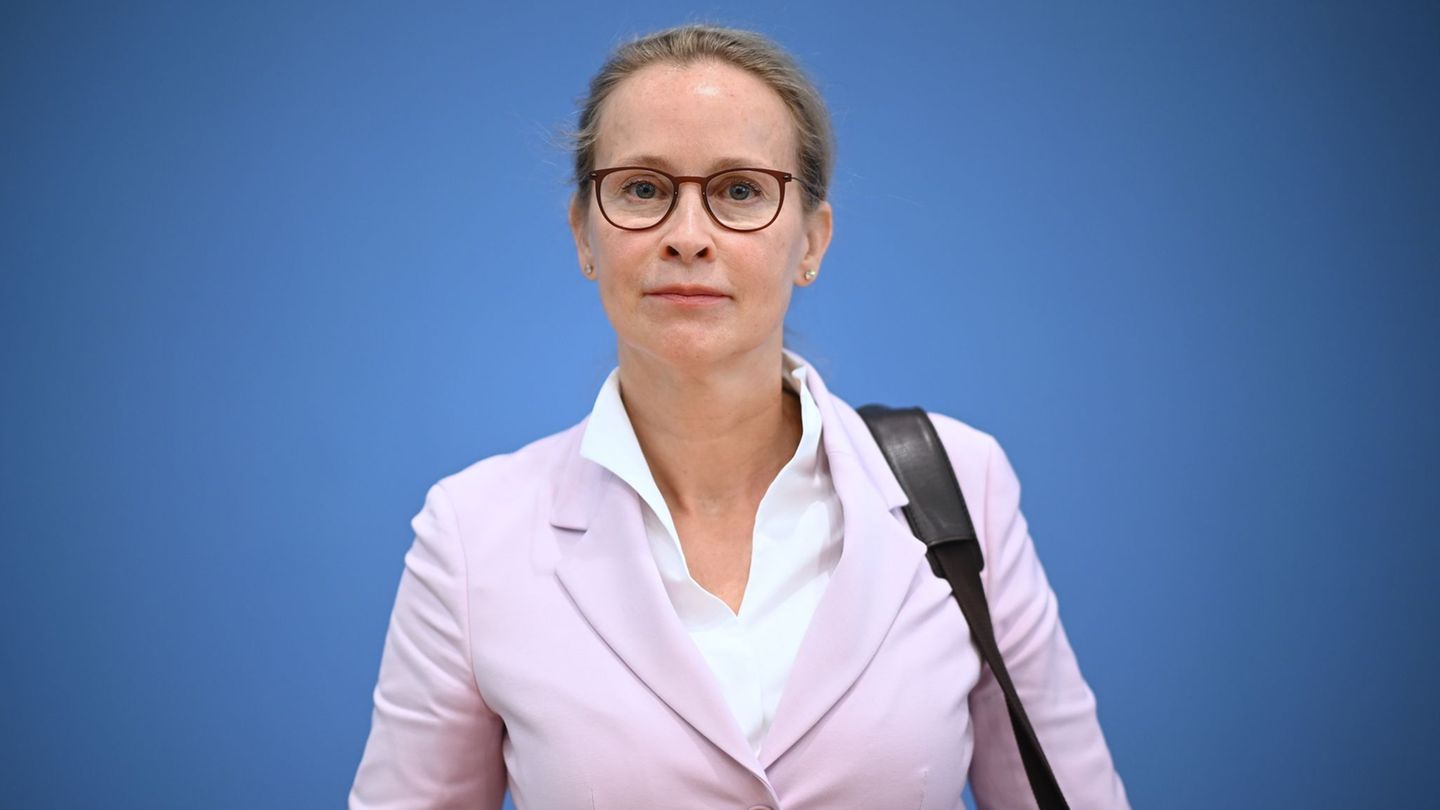Paris – In the stately buildings of the tourist neighborhoods of Paris, A specialized team from the town hall ensures that the use of the tourist accommodation respects French legislation, increasingly strict but often ignored by owners.
“If we find tourists here, it will be a fortune…” explains enthusiastically Ingrid Simon, sworn instructor of the city hall, while dialing the entrance code of a building in the 6th arrondissement of Paris, whose price per square meter is the highest in the city. capital.
Behind an elegant red door on the well-known Boulevard Saint-Germain, not one, not two apartments, but the entire building belongs to the same owner, suspected of renting out his property as tourist flats.
Together with Jean-David, also a municipal official sworn by the judicial court, Ingrid Simon is part of the team that travels the streets and buildings of the capital in search of fraudulently rented accommodation for short tourist stays. The details do not deceive: nameless mailboxes from which advertising brochures protrude, or stamps, also anonymous, with the same sticker as a rental website.
In Paris, where finding accommodation as a resident has become a headache, “the rule is simple,” Ian Brossat, councilor in charge of housing, tells AFP.
“If you have a main home, you have the right to rent it for up to 120 days a year. If you have a secondary residence, you do not have the right to rent it, unless you have an exceptional authorization linked to a compensation mechanism,” he specifies.
In the lobby of the building, officials ring the bell, with no response. It’s still early, just after 9. “Tourists have to be intercepted before they go out to visit the city,” says Simon.
Just then, the officers stop two Australian tourists coming down the stairs. They confirm that they rent one of the apartments, and after examining the reservation, the officials establish the connection with one of the suspicious apartments. Next to the door of each apartment in the building, small safe deposit boxes so that tourists can independently retrieve the keys confirm the fraud.
It is the first phase of the inspection. “After the visits, we carried out more detailed analyzes. We also contact the owners, who give us their arguments, and then we refer the matter to Justice,” explains Jean-David. Under a porch on Dauphine Street, the agents carry out the second part of their mission, leaving a notice in each mailbox along with a pamphlet reminding us of the legislation.
In the absence of conclusive evidence, officials ask neighbors. Claire, a resident on the 6th and top floor, insists that the building is “an Airbnb,” and “operates all year round.”
These annoyances are likely to intensify with the arrival of the Olympic Games, held in the capital in the summer of 2024, but “the idea is not to relax the pressure,” says Ian Brossat.
“We do not want the homes to become clandestine hotels rented all year round to tourists. “This deprives us of housing in a city that already desperately lacks accommodation for its workers,” he believes.
In 2022, the Paris city council collected almost 2.5 million euros in fines.
AFP Agency
Source: Ambito




